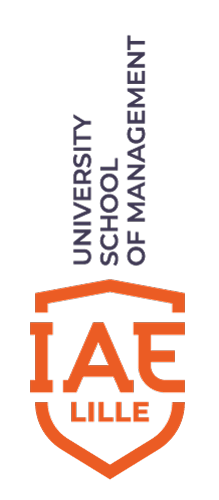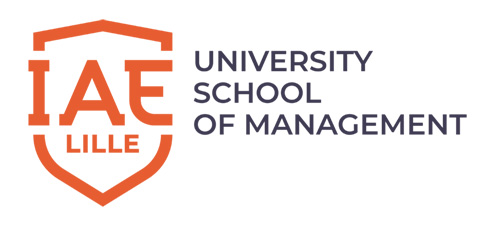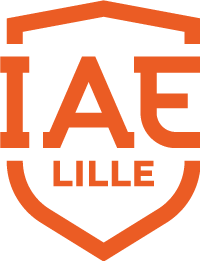Participate to the Summer School on Research Methodologies, on 12th and 13th September 2022!
The Summer School on Research Methods in Management Sciences is a training course on advanced quantitative methodologies for all researchers in management sciences. This 2-days training will be offered each year on a different theme. The emphasis is on the practical aspect through the use of adapted software and the development of a “work-in-progress”.
The Summer School is not only a place of training, but also an opportunity to exchange on one’s own projects. It provides an opportunity to work on concrete projects and to initiate collaborations between participants (teachers-researchers and doctoral students).
2022 ISSUE
EXPERIMENTAL METHODS
For its first edition, the Summer School will focus on experimental methods. These methods are highly regarded by international high impact journals such as the Journal of Marketing or the Journal of Business Research. These methods make it possible to establish causal links between variables. One of its advantages over other methods is to increase the internal validity of the results by controlling for the environment (Morales, Amir and Lee, 2017).
Through the teachings and practical workshops of the Summer School, you will discover when, where and how to use and implement experimental methods, from research design to analysis and presentation of results. You will have the opportunity to carry out a work-in-progress on a concrete theme and you will be guided in its realisation by our speakers. 4 months after the summer school, we offer a follow-up seminar to collectively exchange on the progress of the projects with the other participants and receive feedback from a team of researchers.
PARTICIPATION
To participate, send your application to the organising committee, Nadia Steils and Jean-François Toti, including:
- Your CV
- Your motivation to participate in the Summer School
- Possibly a summary of a current research project and 2-3 research streams that interest you and that you would like to work on during the Summer School
Applications until 20th August.









